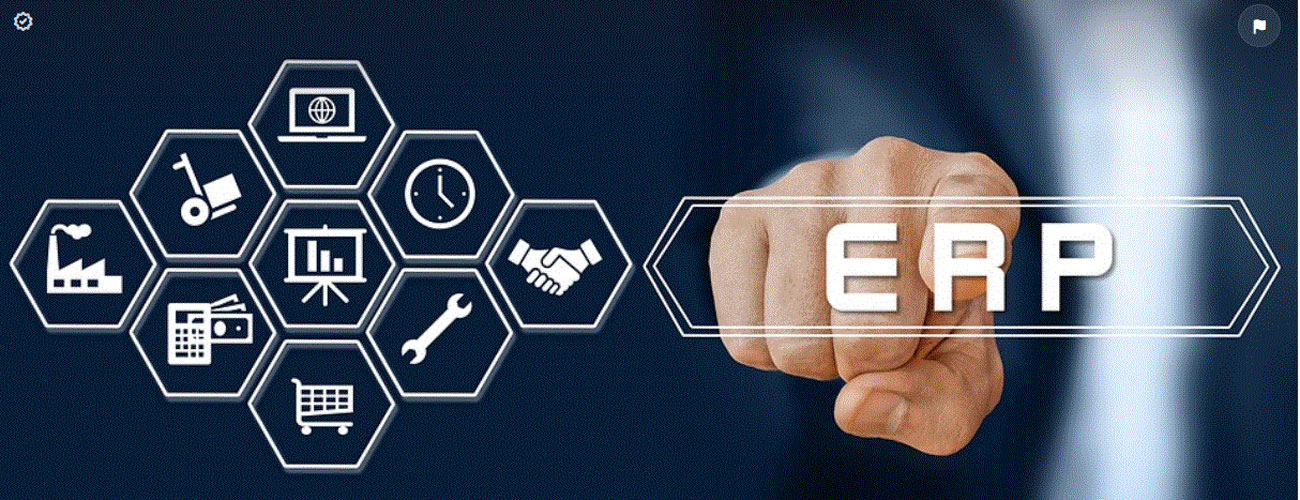
The ERP system can integrate business planning, production and sales so that these functions can work together smoothly. Overall, implementing an ERP system to improve supply chain processes is an effective way to make a business more operationally efficient, competitive and profitable. It provides a centralised database that different departments can access, allowing for seamless communication and collaboration within the business.
Dynamics 365 Business Central
We offer products & solutions, such as Dynamics 365 Business Central.
Connect sales, service, finance and operations to work smarter, adapt faster and perform better. Dynamics 365 Finance and Operations Integrate financial data into core processes and automate tasks to increase productivity and maximise financial performance. Success story
"Since the successful implementation of our new ERP system in 2021, we have been able to significantly improve our operational processes. The digitalisation of various aspects of our business has increased efficiency and drastically reduced the administrative burden. Our employees now have more time for complex tasks, which leads to higher productivity. The seamless integration of the system combined with the excellent support has increased our confidence in this partnership. We firmly believe that investing in this ERP system was a wise decision for our company and look forward to a continued successful relationship with OLS."
Recep G. CEO - Elcors GmbH




